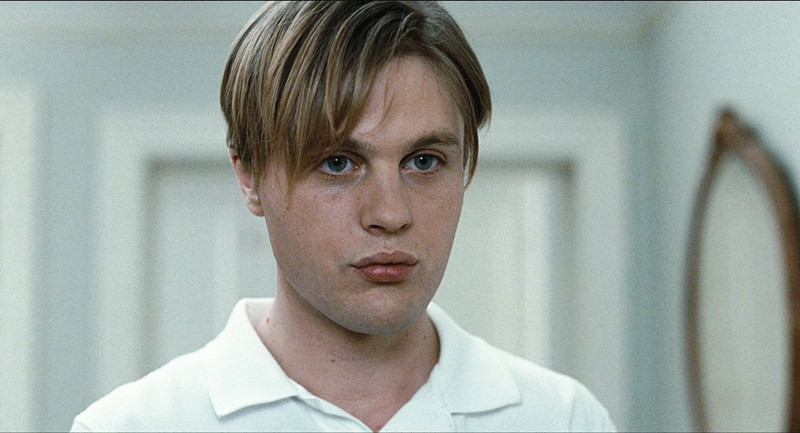
It’s a complaint now as cliched as the thing it’s meant to criticize: Hollywood has completely lost its appetite for originality.
It’s a statement simultaneously true and exaggerated. On one hand, it’s undeniable that the big studio system seems more interested than ever in mining every conceivable piece of known IP available, to the detriment of new stories; on the other, this is not exactly a new phenomenon, as Hollywood has always taken previous material to craft a movie, be it a book, a TV show, or the most common of all, remakes.
And that’s what makes this old “Hollywood is not original” truism fundamentally wrong, because it’s meant as a statement of quality – that all remakes are a creatively bankrupt endeavor. But the fact is that remakes can often become masterpieces; some of the biggest staples of pop culture today are remakes (Brian De Palma’s “Scarface” is just one example).
So to honor the craft and artistry that takes to make any good movie, let alone a worthy remake, this list shines a light on some of the best and least recognised remakes out there.
10. Harakiri: Death of a Samurai (2011)
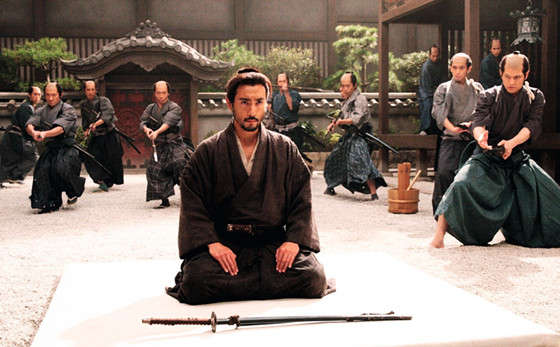
Remakes in general tend to be a hard sell for cinephiles, who are inherently suspicious of a filmmaker’s intention in retreading known ground. And if that’s true of any film, even those not necessarily considered untouchable, it’s infinitely more condemned in cases of remaking universally beloved classics.
That goes to explain the to-this-day persistent skepticism surrounding Takashi Miike’s “Harakiri,” a remake of the iconic 1962 samurai epic. The original is a virtually perfect film, an enduringly popular masterpiece (it’s the third highest rated movie on Letterboxd) that’s often considered the greatest chambara picture of all time – so, naturally, any attempt to outdo Masaki Kobayashi would be viewed as heresy.
And, indeed, on simply a story level, Miike’s remake is pointless, since the narrative is essentially identical, beat by beat, to the first film. But to focus on that is to miss the director’s subtle, but essential, rearranging of this story’s tone. If Kobayashi’s vision is essentially a thriller, Miike makes this a classic melodrama; an understated study of class disparity that refuses to fully give into pulpy pleasures even in its action finale.
9. 13 Assassins (2010)
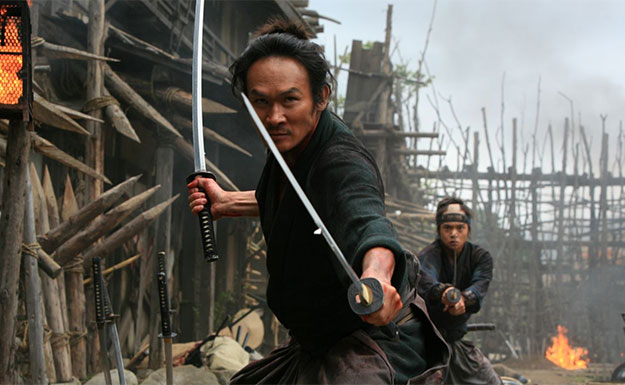
If “Harakiri” was Miike’s biggest gamble in terms of remakes, then “13 Assassins” was his surest bet, since the original is not nearly as idolized as a film and, if anything, it has been forgotten even by connoisseurs.
And so, even though his “Harakiri” is a terrific film on its own, it could only ever be a companion piece to Kobayashi’s movie, because there was absolutely no room for improvement; whereas “13 Assassins” is the definitive superior picture, perhaps precisely because of the freedom provided by the original’s relative obscurity.
In both of these chambara re-readings (which the director released back-to-back in the early 2010s), the pleasures and qualities are essentially the same, mainly Miike’s fabulous formalism (his sense of composition and movement has not been better this decade), but in “13 Assassins” specifically he also unleashes his other side: the maniacal sadist. The final 45 minutes of this movie may very well be the finest samurai action ever committed to film: brutally conceived, cleanly staged, and viscerally exciting.
8. Zatoichi (2003)
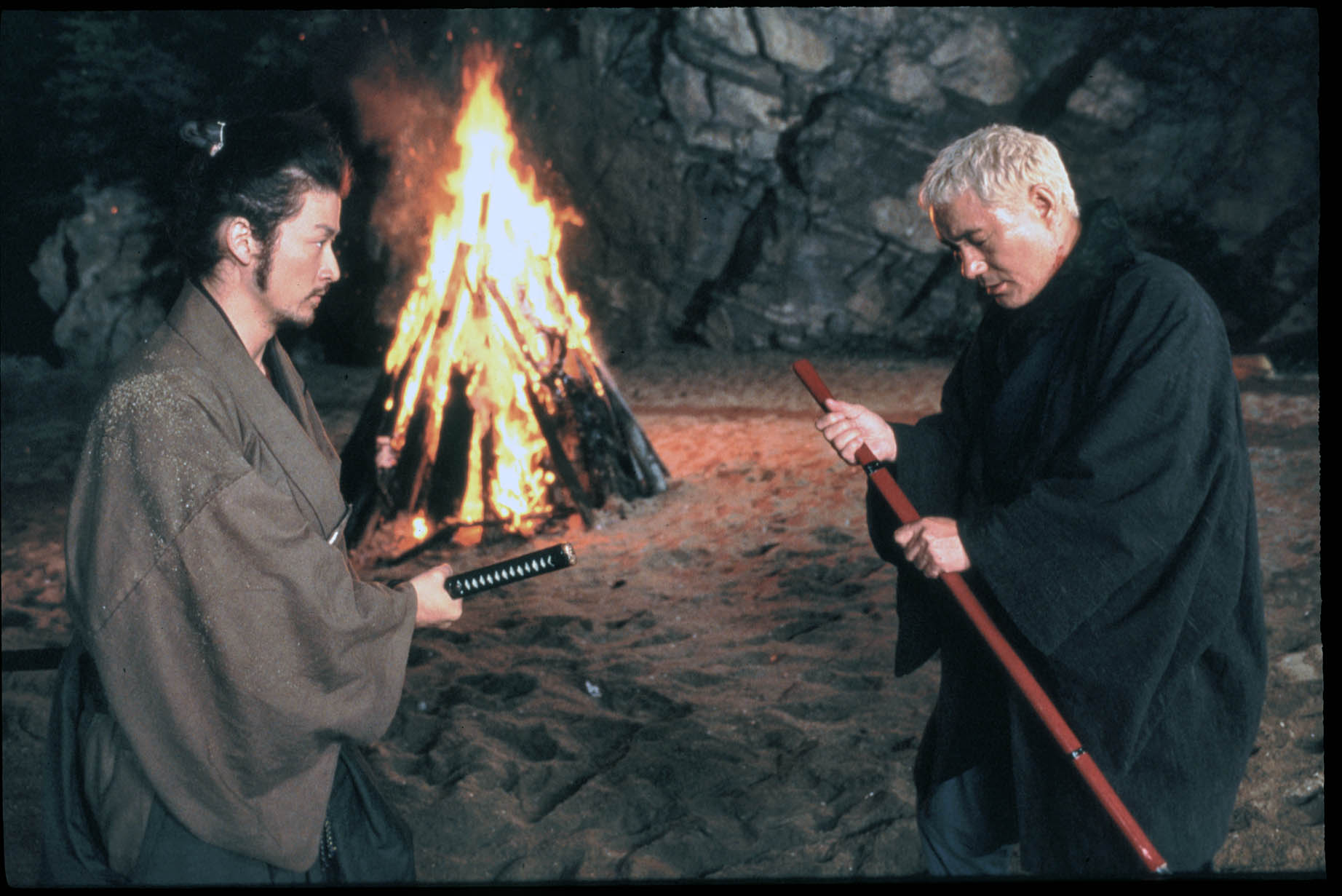
Rounding out the “remakes of classic samurai tales by legendary Japanese filmmakers” portion of this list, we have Takeshi Kitano’s “Zatoichi,” though that categorization may be somewhat of a cheat.
After all, “Zatoichi” is one of Japan’s greatest franchises, dating from the early ‘60s, spanning no fewer than 26 films and even a TV series, making this movie less of a remake and more of a revival of a character with long tradition. But it qualifies for this list because, not only does it have enough in common with the first movie (the excellent “The Tale of Zatoichi”) in terms of story and plot points, it’s also the one that perhaps most accurately recaptured the original’s expert balance of character study and swordplay.
Granted, Takeshi Kitano’s style is infinitely more tongue-in-cheek than any of the previous directors to work on the series, so this version is much more comedic (bordering even on wacky meta at times) than any other Ichi flick, but the core contrast of introspection and action extravaganza is kept intact and executed to perfection.
7. The Manchurian Candidate (2004)
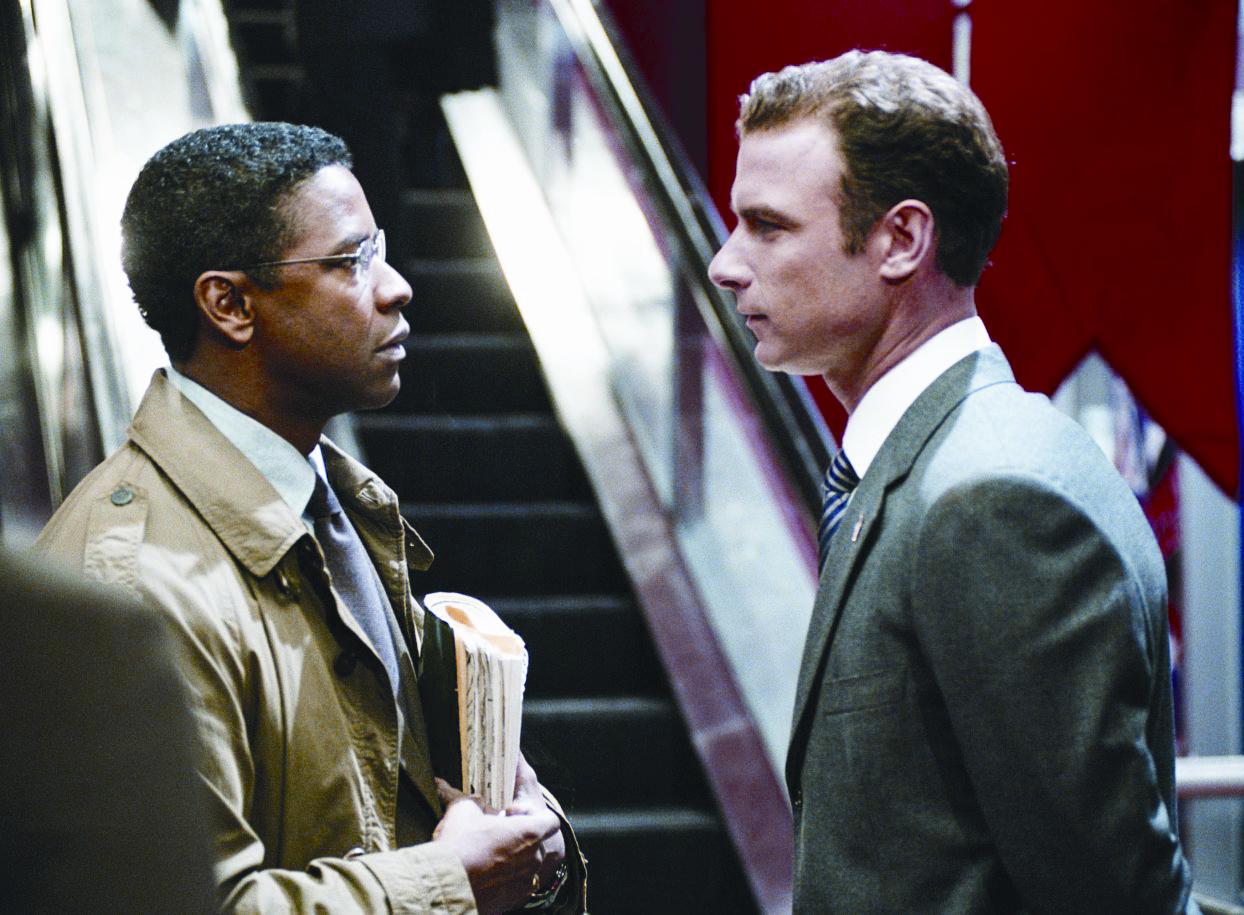
John Frankenheimer’s “The Manchurian Candidate” is possibly the single most canonized political thriller of all time, a formally daring and thematically challenging piece of work that continues to baffle and dazzle in equal measure.
But it’s also, somewhat paradoxically, extremely of its time, especially in regards to political paranoia and the 1960s scare of communism (even if in the film those concerns are largely satirized), so it made sense that the basic concept and characters of the story could be revamped to comment on the evolving landscape of American politics. And that’s exactly why the remake is so smart: the structural backbone of the narrative is intact, but it’s a complete aesthetic and thematic reimagination that offers what is arguably even more nuanced and thoughtful insight into the plight of PTSD and how those afflicted with it are simply pawns in the a game of the powerful.
But that’s what you get when you hire a uniquely sensitive director like Jonathan Demme who, despite not being as gifted a stylist as Frankenheimer, makes this material entirely his own: heartfelt, humanistic and with a deep love for actors, each of whom get a magnificent showcase in this film.
6. Sorcerer (1977)
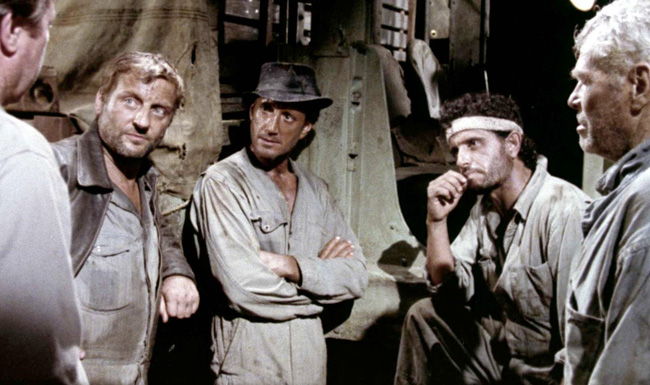
Another case in which a great director dared to touch an unimpeachable classic, though in this instance it may have had more to do with hubris than genuine interest in commentary: William Friedkin’s “Sorcerer,” a remake of “The Wages of Fear,” the French thriller so good that it allegedly even made Hitchcock envious.
So it would really take an astronomical ego to even consider undertaking a reimagination of that movie, but in the late ‘70s, Friedkin had as much justification as any filmmaker has ever had for his over-inflated sense of self. Fresh off the Oscar triumph of “The French Connection” and the record-smashing, culture-impacting hit of “The Exorcist,” he made “Sorcerer” with the conviction that it would be his greatest masterpiece, the one he’d be remembered for.
Alas, upon release, the film was a major flop, a disaster at the box office and, most surprisingly, derided even by critics. Instead of being the final jewel in his crown as the finest auteur of New Hollywood, it was the first step in Friedkin’s long journey to the bottom. But what’s most ironic is, time proved him right: “Sorcerer” is a masterpiece and may very well be his greatest movie indeed – a marvelously constructed piece of cinema that could only have been the product of a feverishly confident artist at the height of his power.